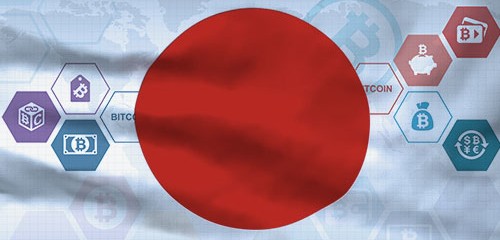It’s no secret that the 2014 fiasco that was Mt. Gox has caused bitcoin and other cryptocurrencies’ image to suffer, especially in Japan. Since then, however, massive efforts have been undertaken to redeem the virtual currency’s lost honor.
The first step was the law passed in early May, which required bitcoin exchanges to register with the Japanese government’s Financial Services Agency (FSA). The new law defines virtual currencies as “asset-like values,” allowing digital money to be used not only to buy goods and services but also as an alternative for legal tender through purchases and trades.
The law has boosted public trust in cryptocurrency, whose image was tarnished following the 2014 collapse of now infamous Mt. Gox exchange and the subsequent arrest of its CEO, Mark Karpeles. Now, FSA has been given the mandate to conduct on-site inspections and require operators to follow know-your-customer practices.
The succeeding months saw other institutions, including digital currency exchanges and banks, stepping up their efforts to push for digital currency in Japan. And so, it didn’t come as a surprise that two of Japan’s leading bitcoin exchanges are also rolling out their own initiatives to speed up bitcoin adoption.
